Walk ‘n’ Talk 96 before class

How can you say that you don’t want to see someone because you are annoyed or angry? Check out this episode to learn how to say that!
Navegue pelo conteúdo
Hey! How are you doing? 🌟
Welcome to another episode of Walk ‘n’ Talk Level Up, our all-English podcast series! No diálogo de hoje, vamos acompanhar duas amigas que estão batendo um papo antes da aula, falando sobre o primeiro encontro que uma delas teve com um crush no fim de semana!
Não se esqueça de repetir as frases em voz alta, junto com a teacher Becs, para praticar bem a sua pronúncia e confira o material extra que preparamos para você aqui abaixo!
Nos vemos na próxima semana! Have a wonderful week!
Diálogo
Sophia: Emma, spill the tea! How was your date on Saturday night?
(Emma, conta tudo! Como foi o seu encontro no sábado à noite?)
Emma: It was a total disaster. I can’t stand the sight of Edward.
(Foi um desastre total. Eu não suporto a vista do Edward.)
Sophia: But you had a massive crush on him! What’s all that about? Didn’t he like the movie?
(Mas você estava completamente apaixonada por ele! O que aconteceu? Ele não gostou do filme?)
Emma: If he hadn’t slept through most of it, maybe he’d have liked it.
(Se ele não tivesse dormido durante a maior parte do filme, talvez ele tivesse gostado.)
Sophia: Don’t give me that! Edward was always sweet and nice to you.
(Não vem com essa! O Edward sempre foi doce e legal com você.)
Emma: That’s why I fell from cloud nine. But now I wouldn’t be caught dead talking to him anymore.
(Foi por isso que eu caí do paraíso. Mas agora eu não seria vista morta falando com ele novamente.)
Sophia: Girl, don’t you think you’re making a mountain out of a molehill?
(Amiga, você não acha que está fazendo uma tempestade em copo d’água?)
Emma: Perhaps, but he could’ve been more romantic!
(Talvez, mas ele poderia ter sido mais romântico!)
Expansão de Vocabulário
| Inglês | Português | Exemplo em Inglês | Tradução |
|---|---|---|---|
| Can’t stand / Can’t bear / Can’t take | Não suportar / Não aguentar | I can’t stand this song, please skip it! | Eu não suporto essa música, por favor, pule ela! |
| Through | Através / Durante | I slept through the afternoon today. | Eu dormi a tarde toda hoje. |
| To make a mountain out of a molehill | Fazer uma tempestade em copo d’água | Everything is fine, Tim is making a storm in a teacup! | Tudo está bem, Tim está fazendo uma tempestade em copo d’água! |
| To fall from cloud nine | Cair do paraíso | She fell from cloud nine when she found out the truth. | Ela caiu do paraíso quando descobriu a verdade. |
| To be caught dead | Ser vista morta | I wouldn’t be caught dead wearing that outfit. | Eu não seria vista morta usando essa roupa. |
Exercícios para praticar
-
Complete a frase com a expressão correta:
I can’t stand this noise, I need some peace and quiet.
I can’t ________ the smell of fish. -
Traduza para o inglês:
Eu não suportaria ver ele de novo depois do que aconteceu. -
Crie uma frase usando to make a mountain out of a molehill.
Respostas
-
I can’t bear the smell of fish.
-
I wouldn’t be caught dead seeing him again after what happened.
-
(Resposta livre. Exemplo: Stop overreacting, you’re making a mountain out of a molehill!)
Não se esqueça de praticar a pronúncia repetindo os exemplos em voz alta! Espero que tenha gostado do episódio de hoje.
Gostou do episódio? Continue sua jornada no inglês e confira nosso curso de inglês completo para se aprofundar ainda mais! 📚
See ya!
Rebeca Oliveira
Playlist
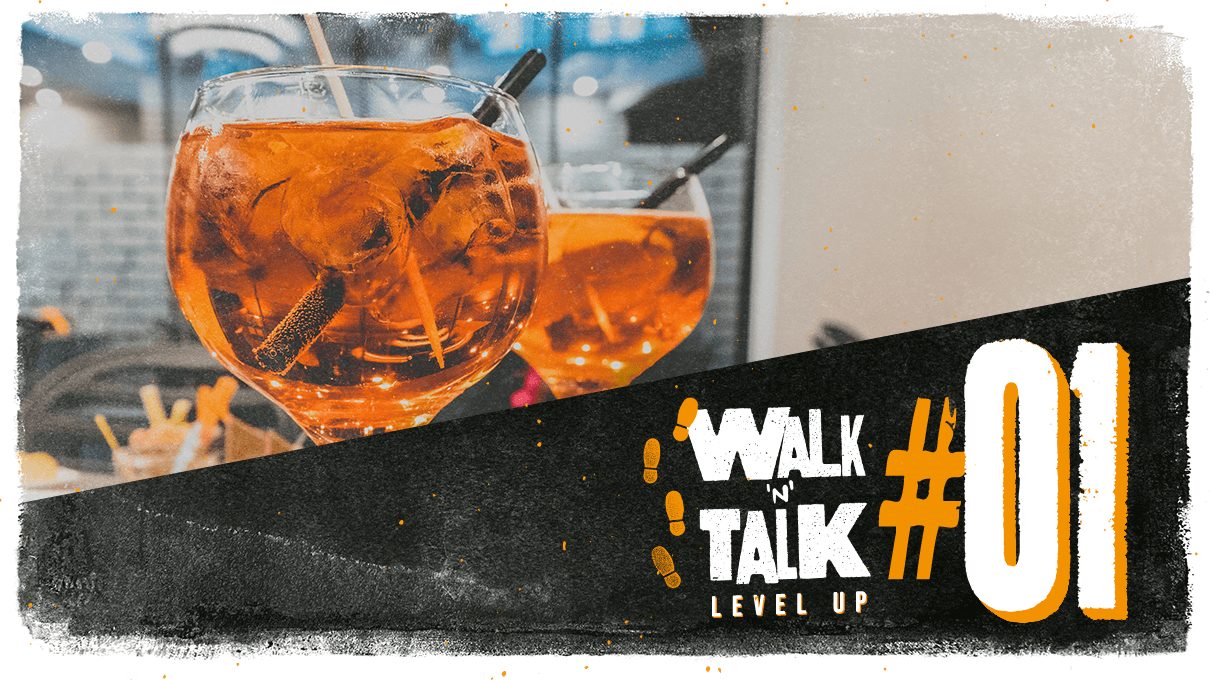


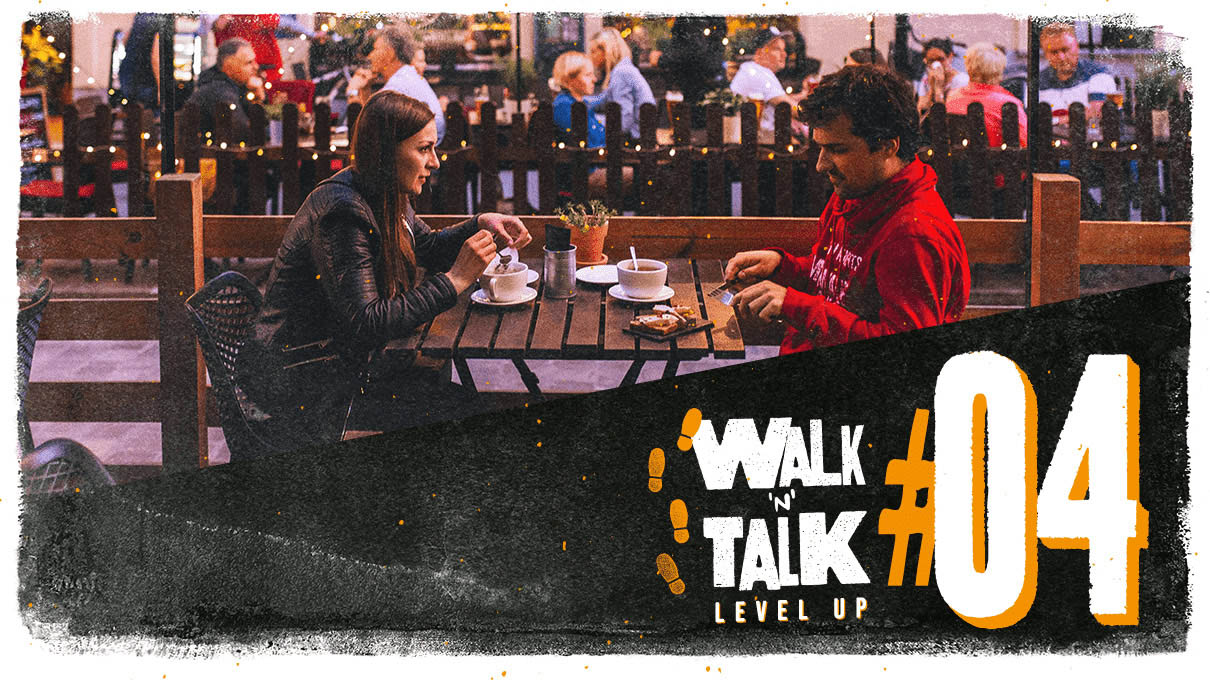
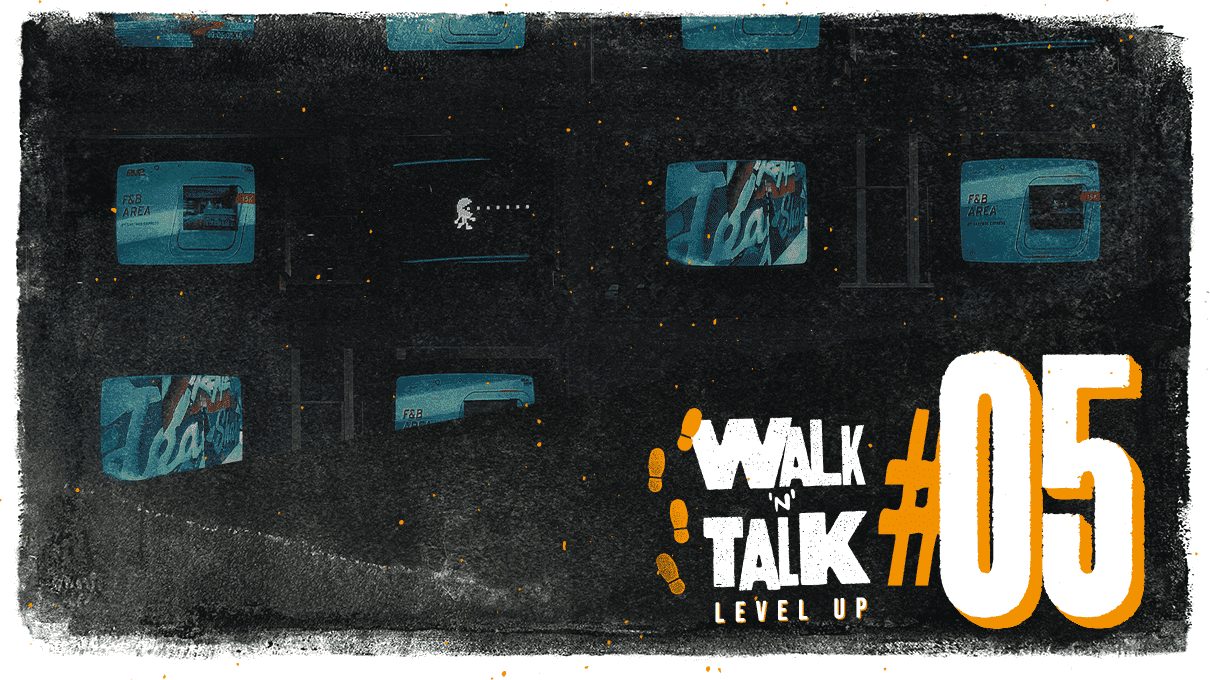
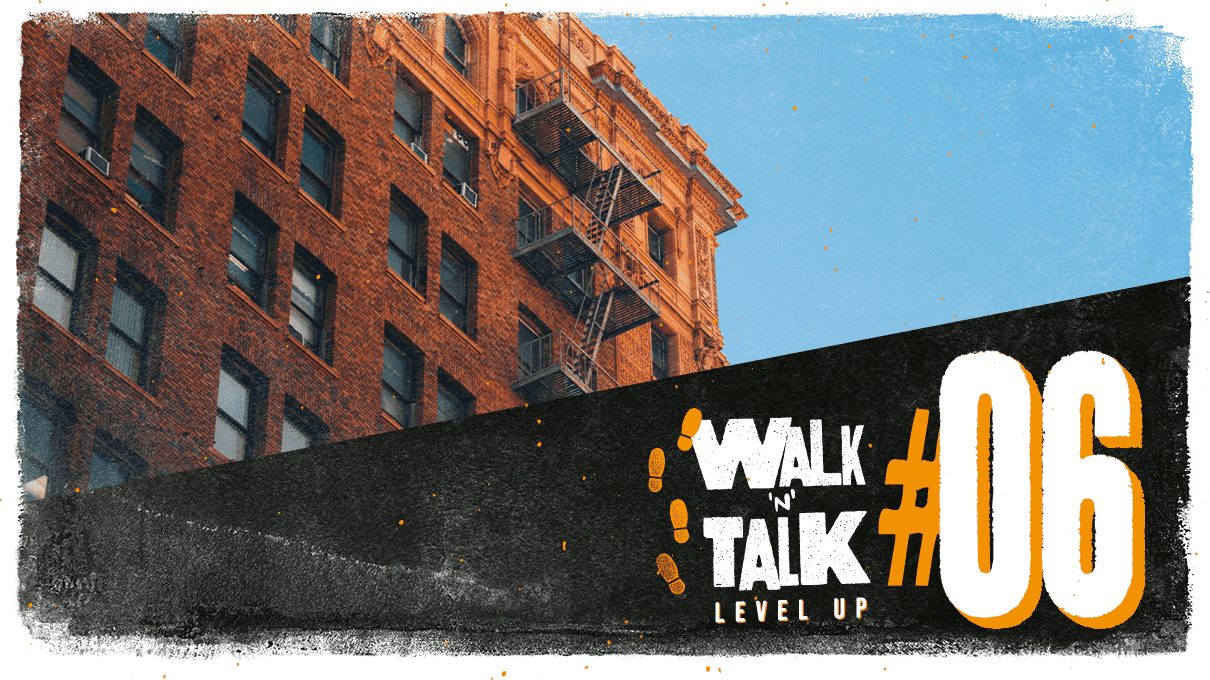


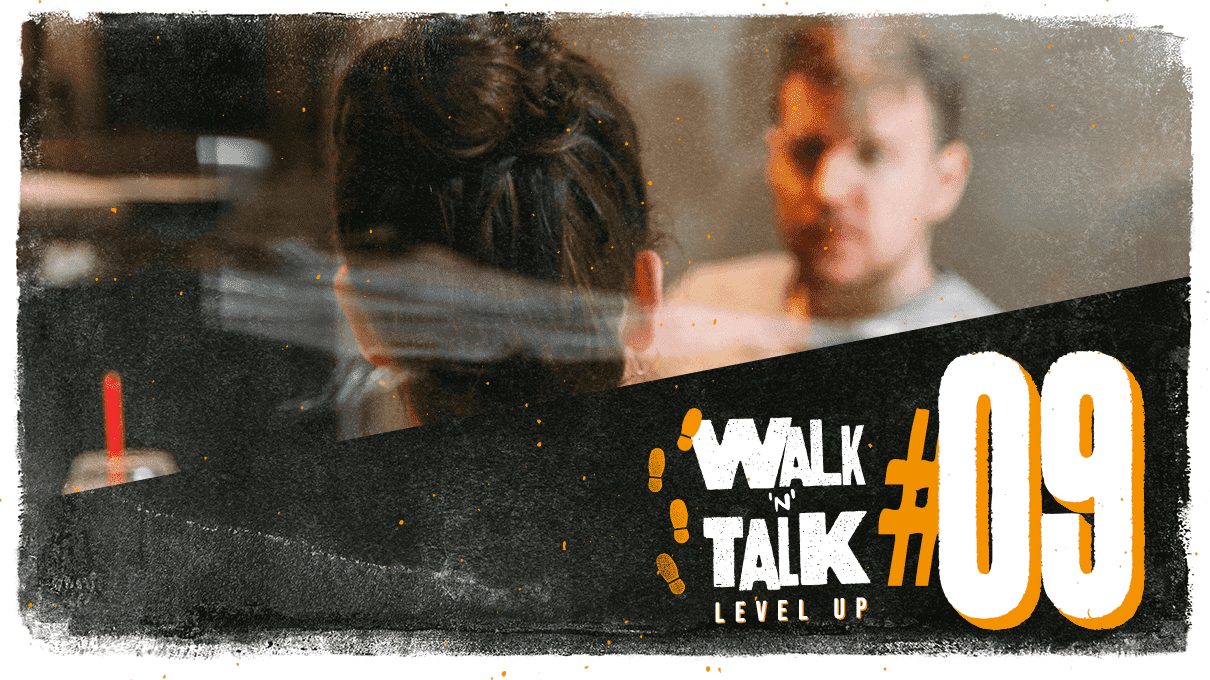
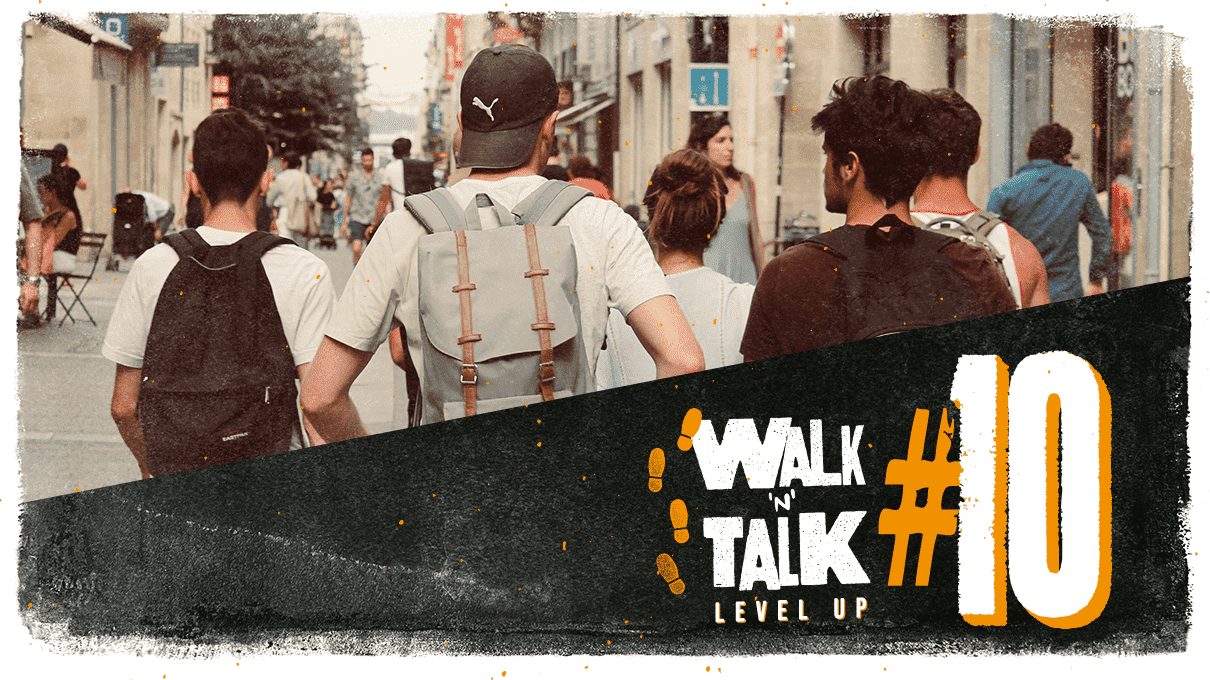


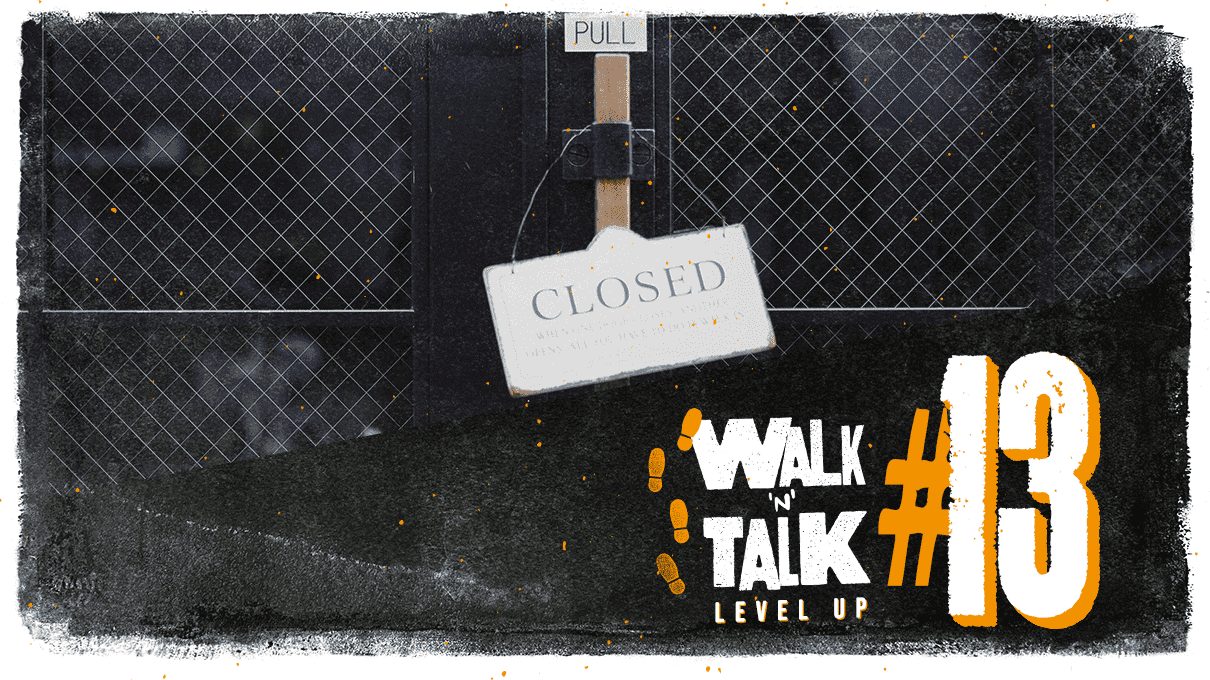



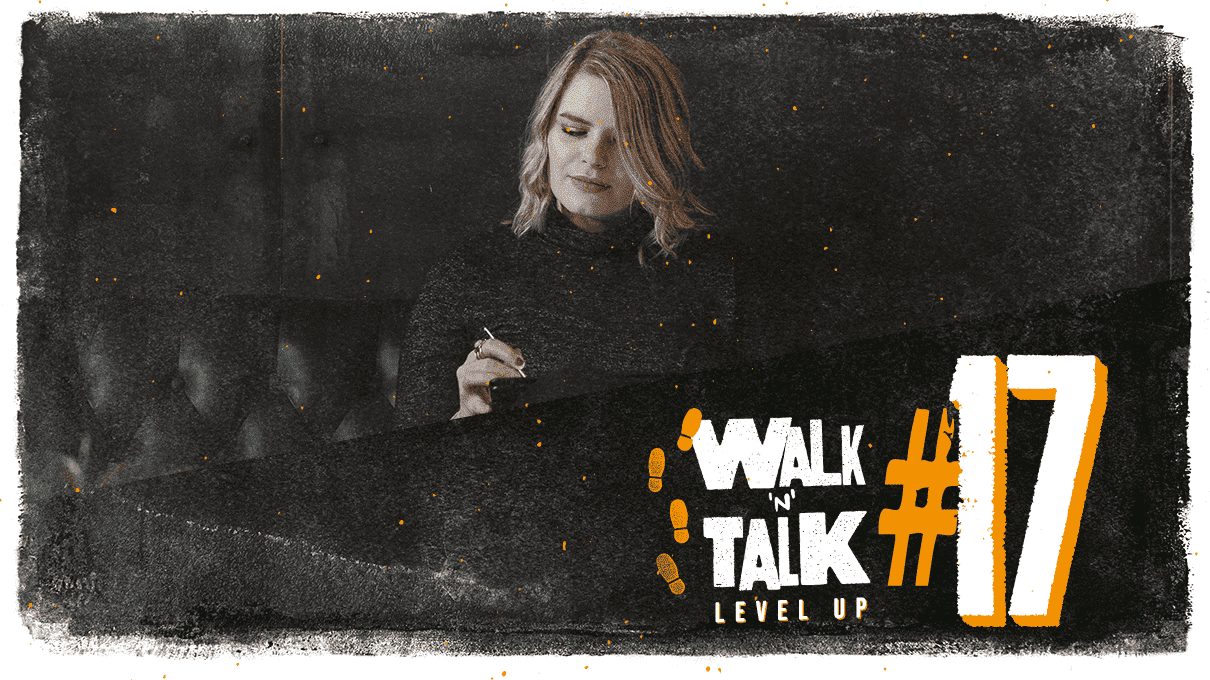


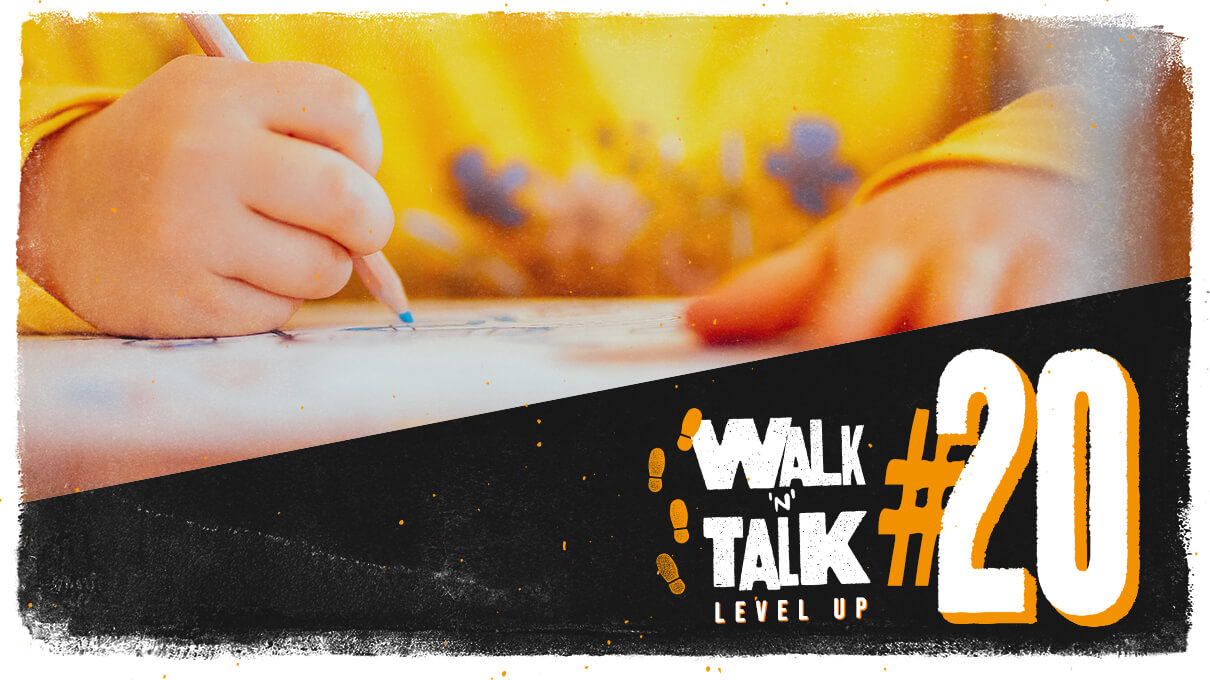
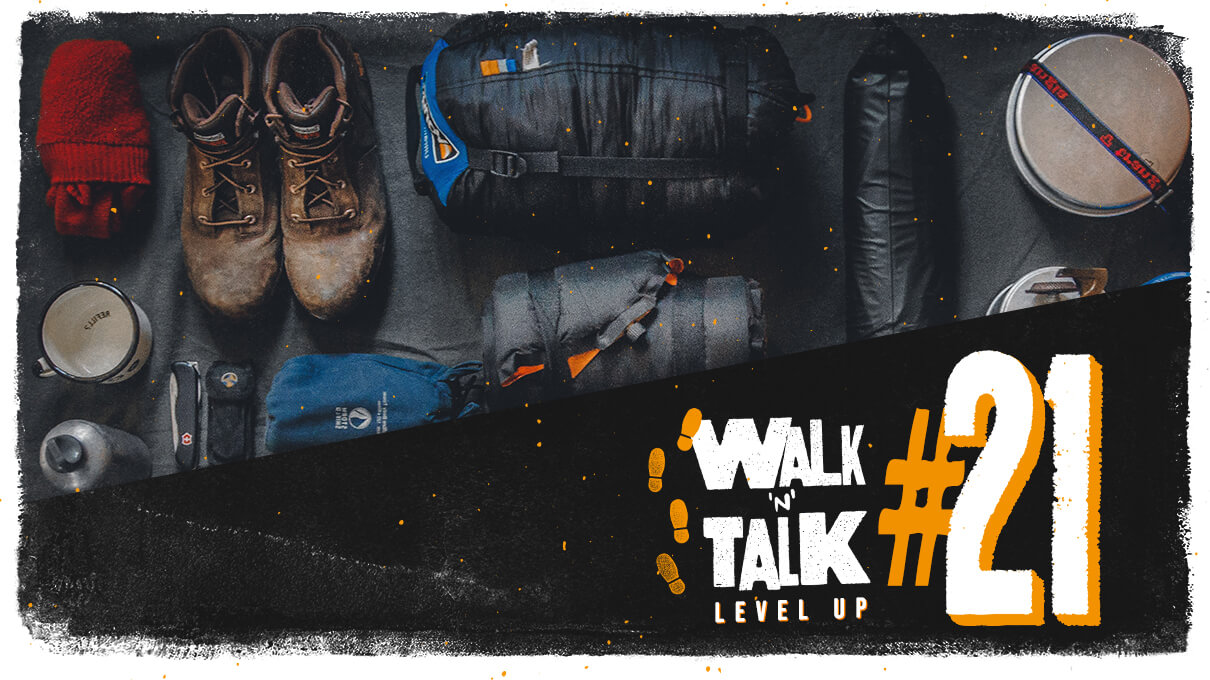

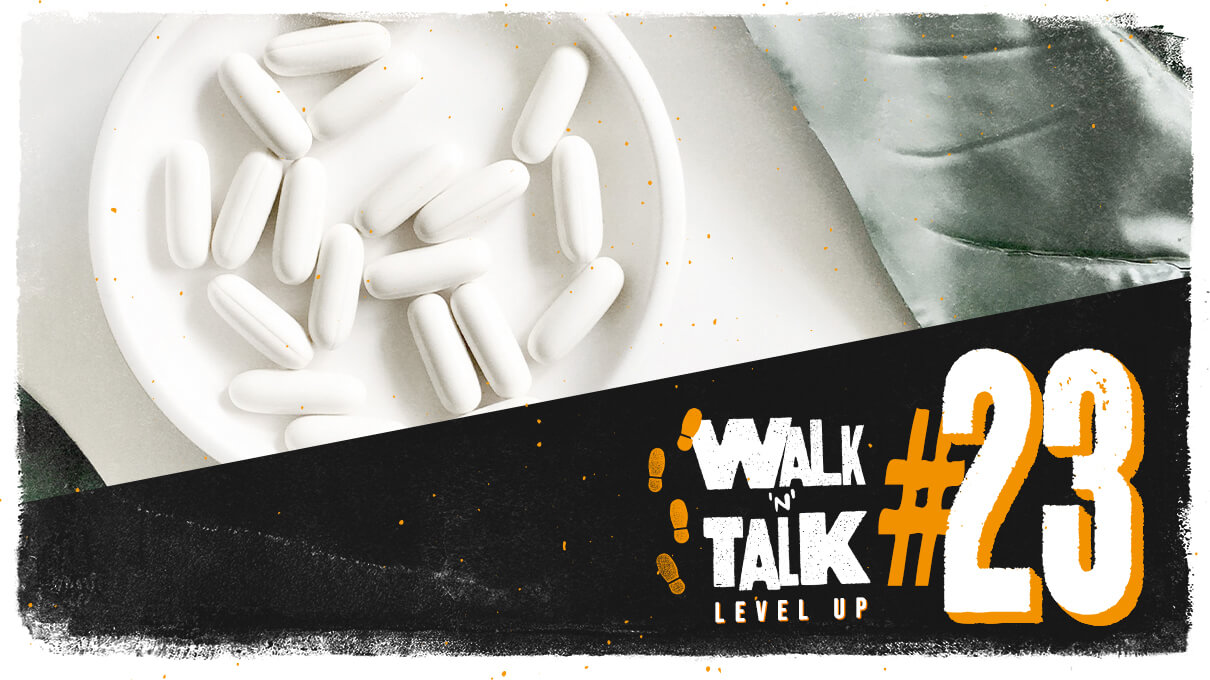
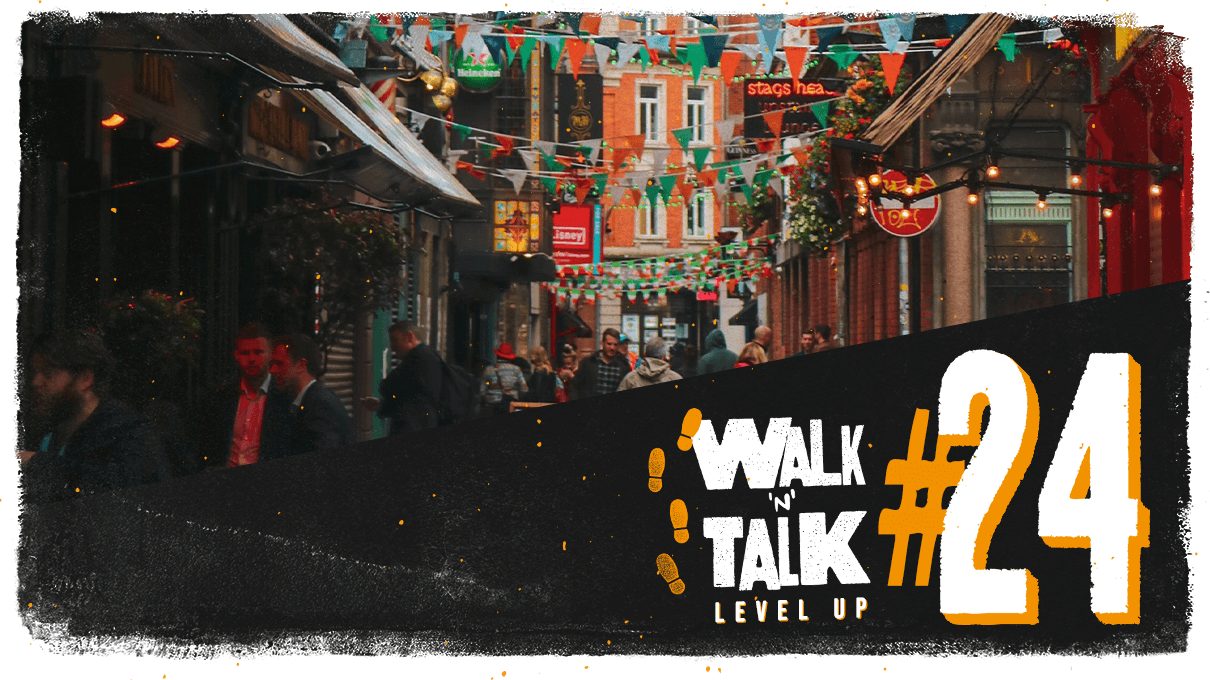

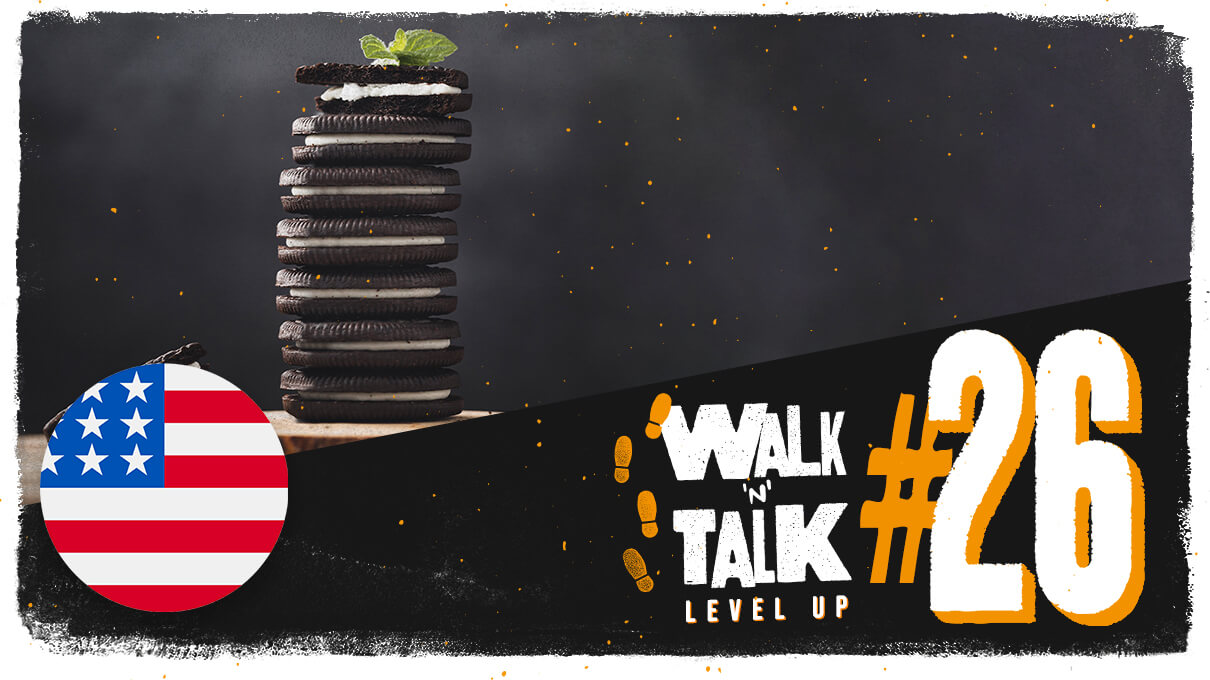





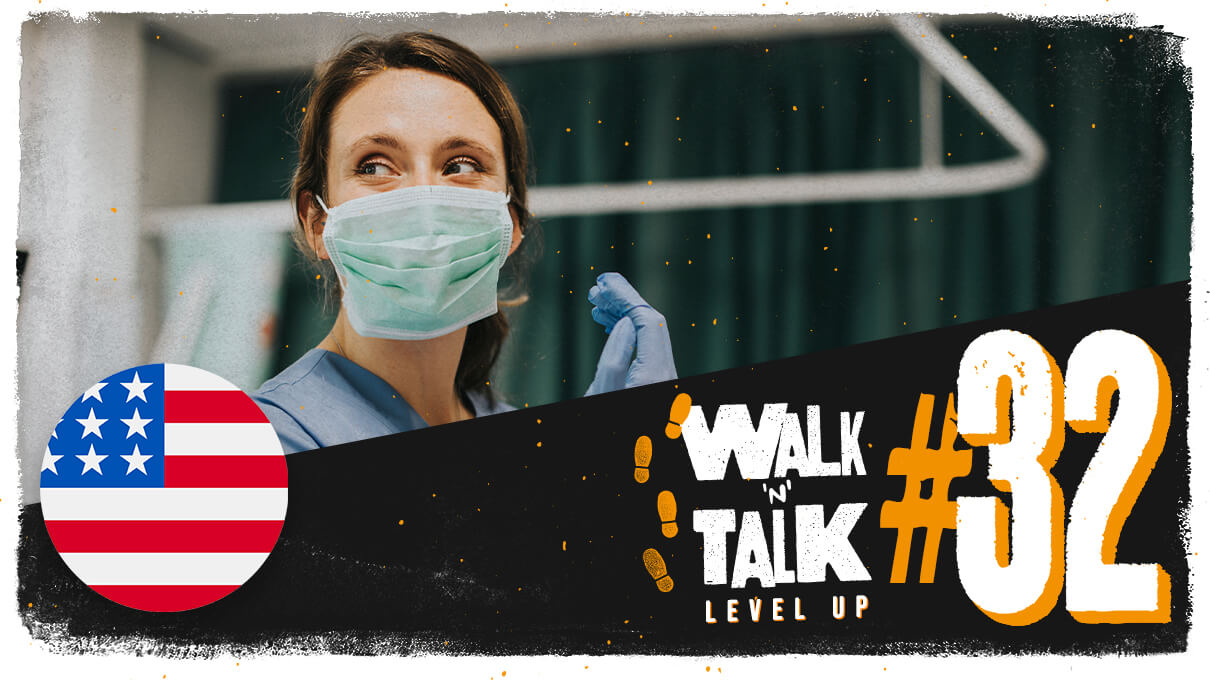
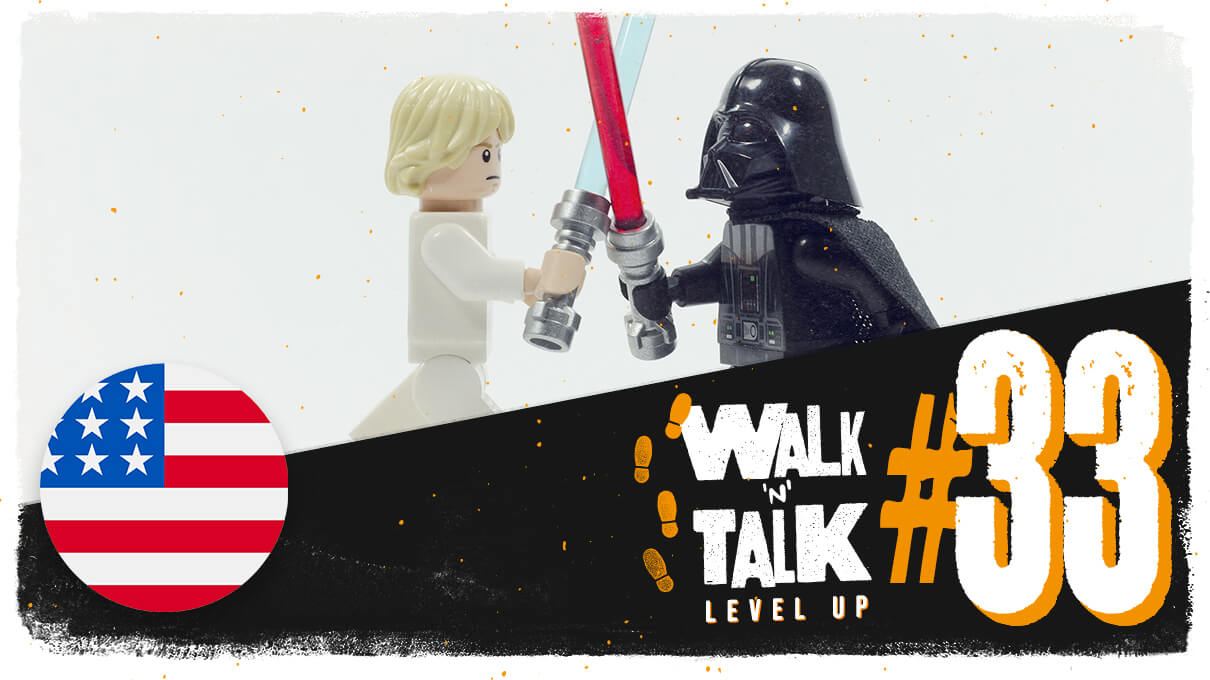
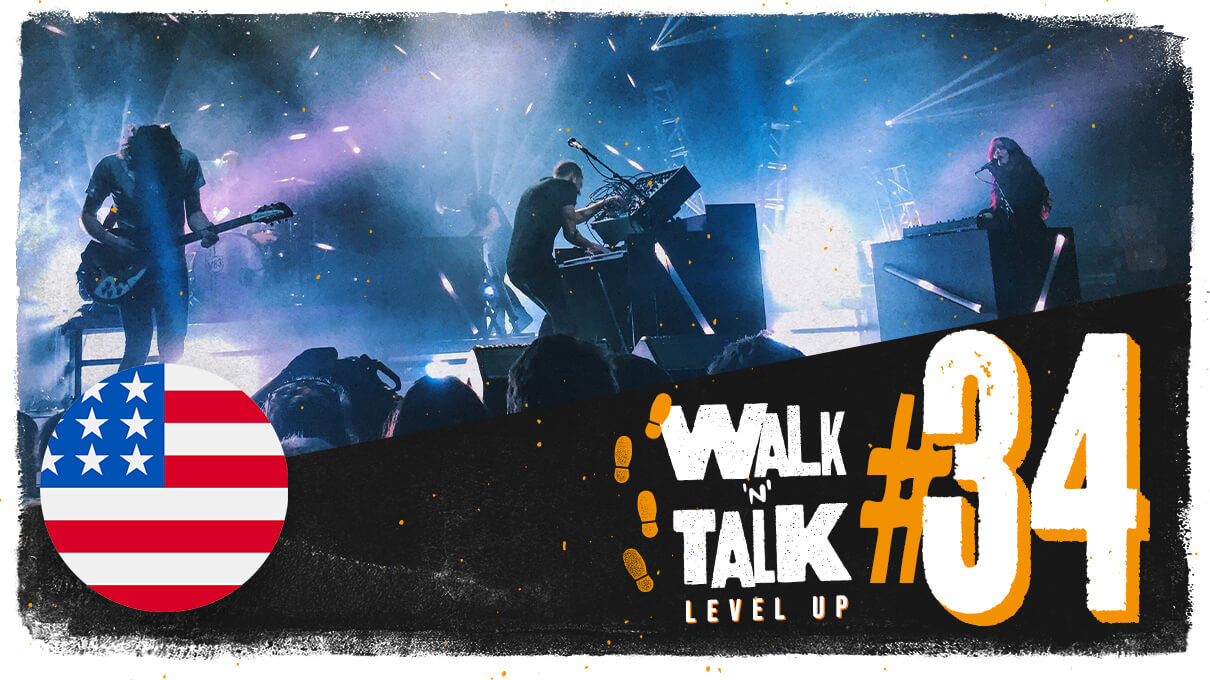




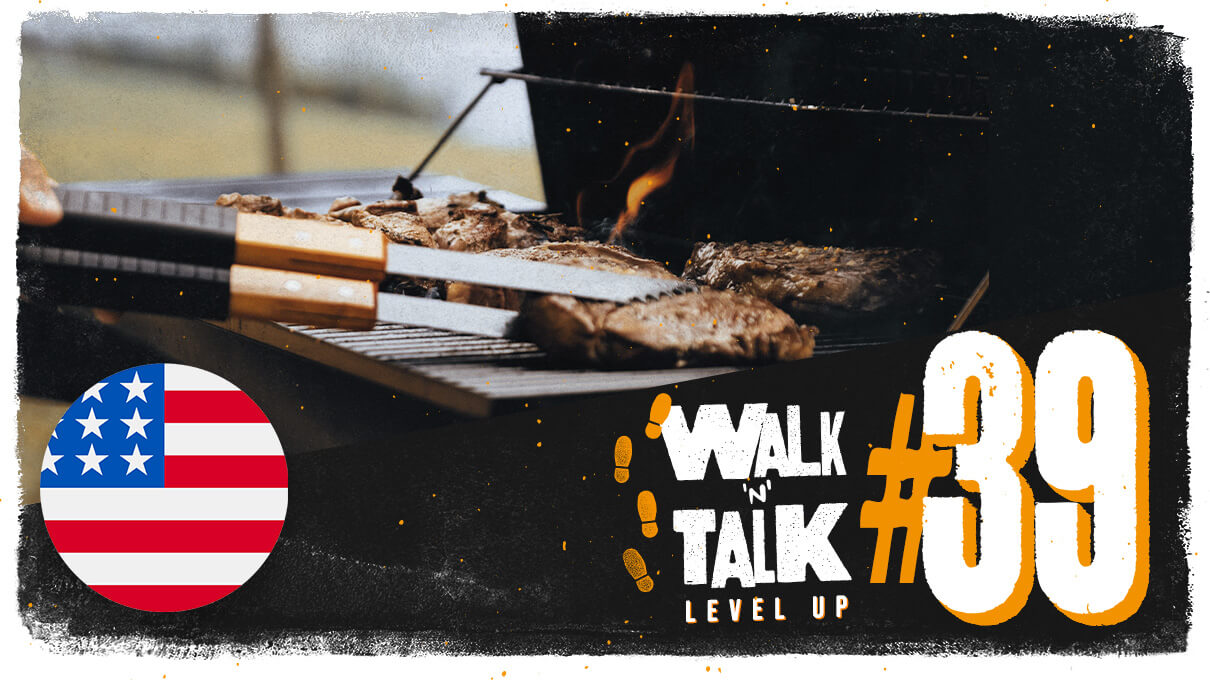




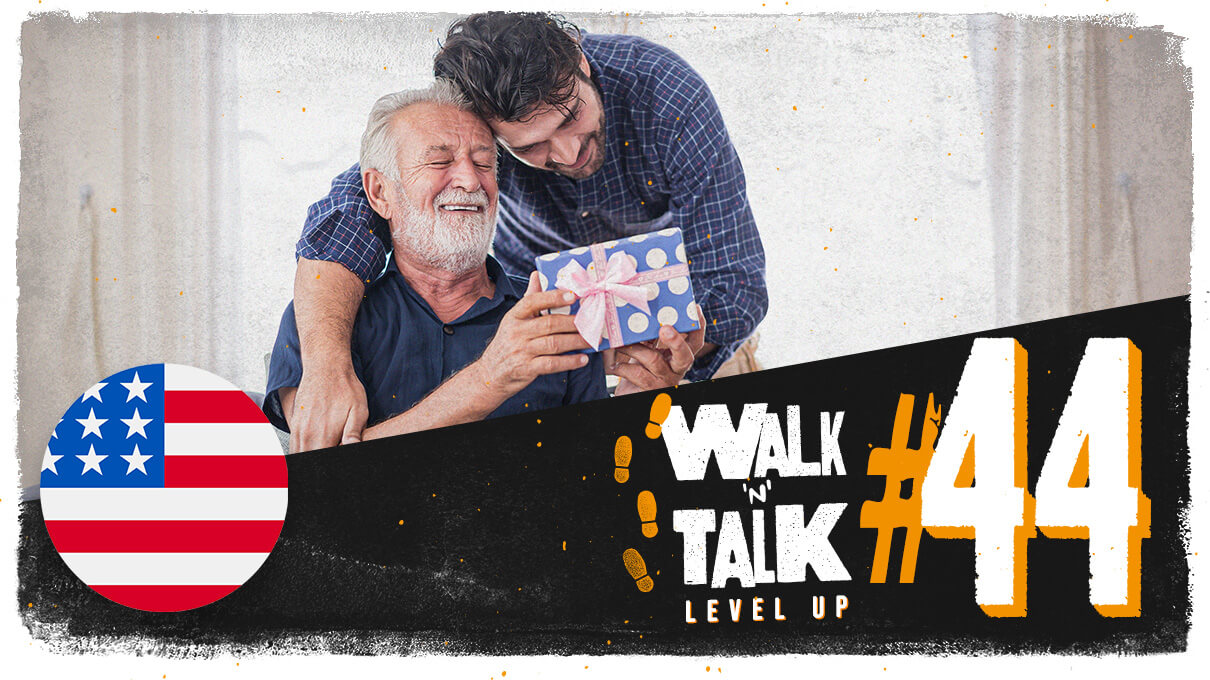




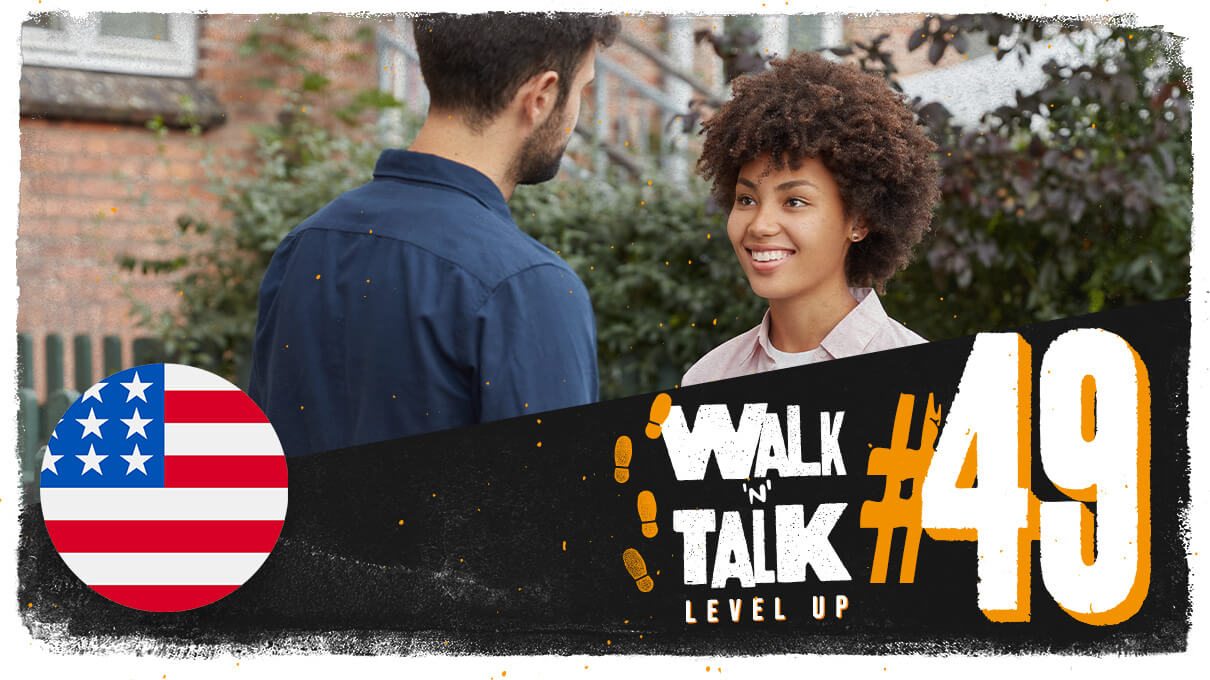




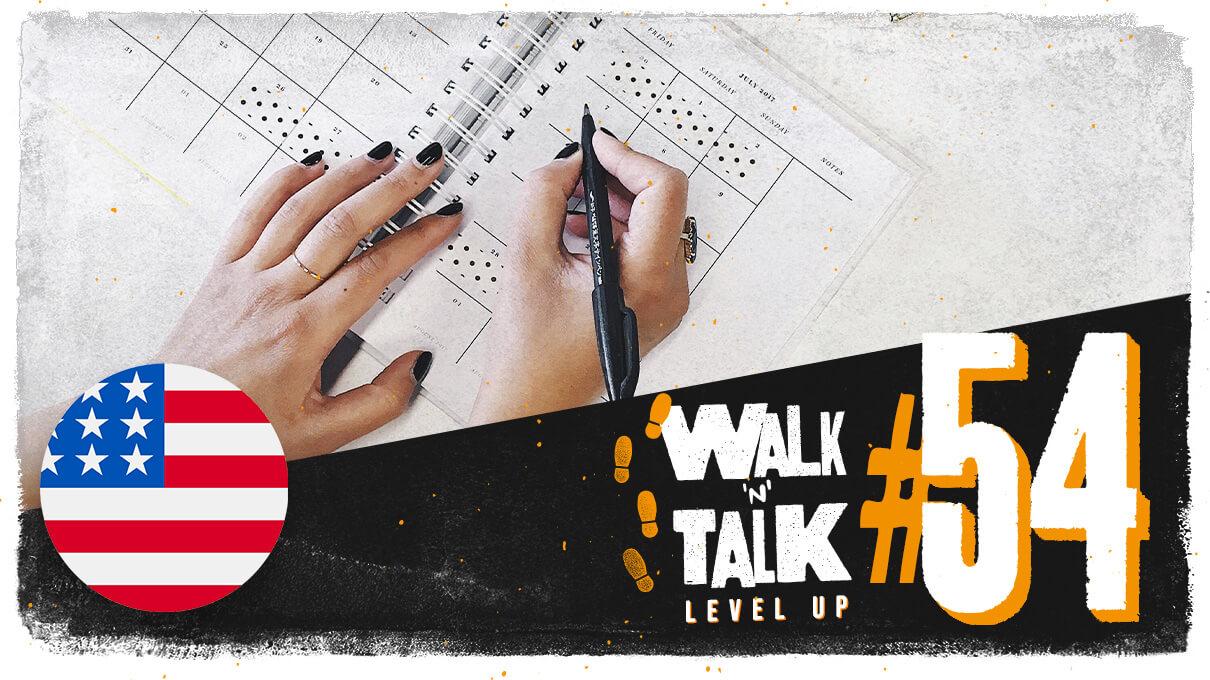
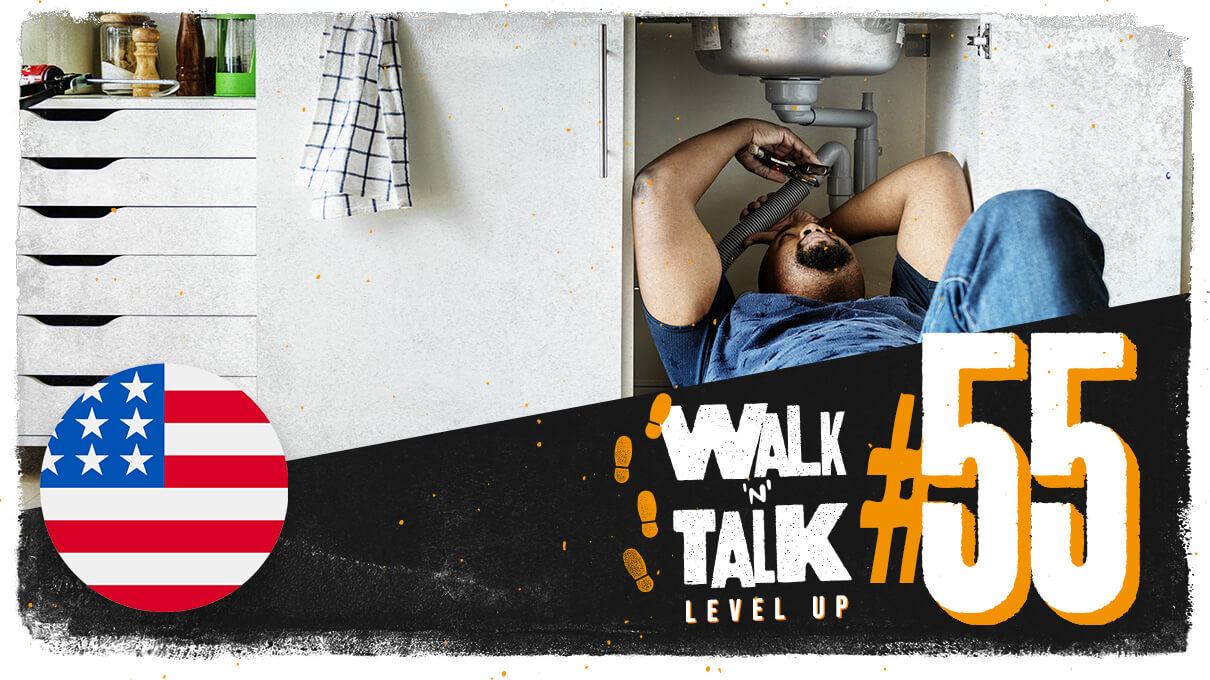






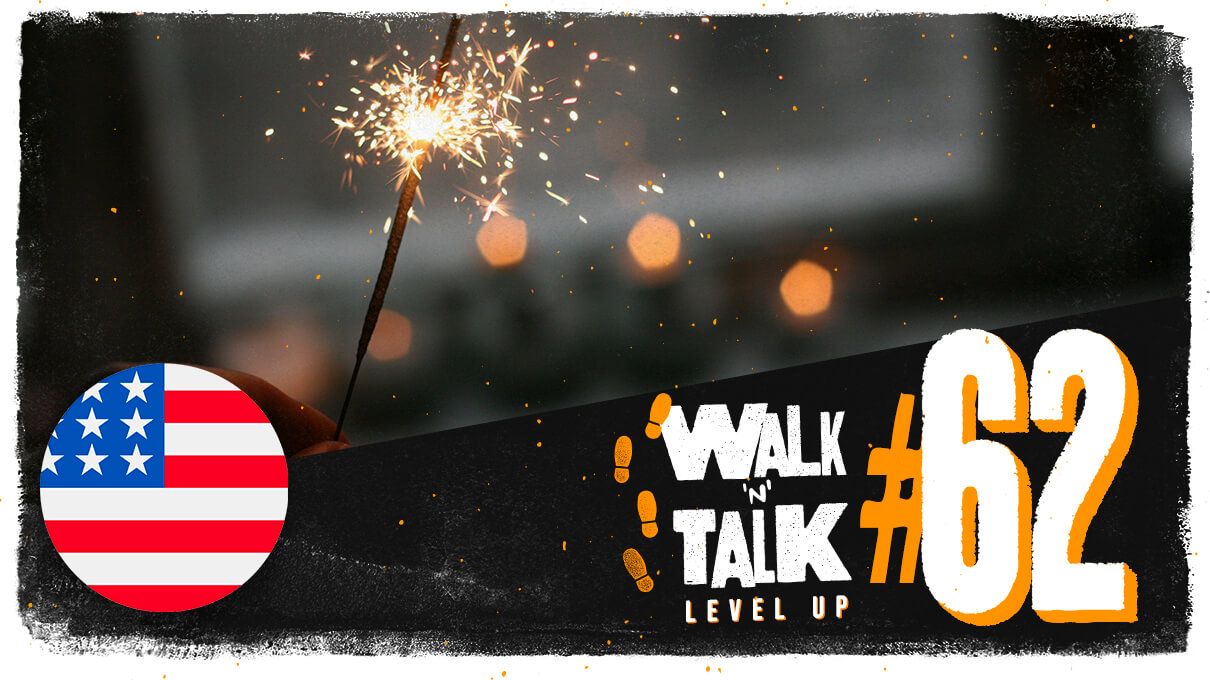

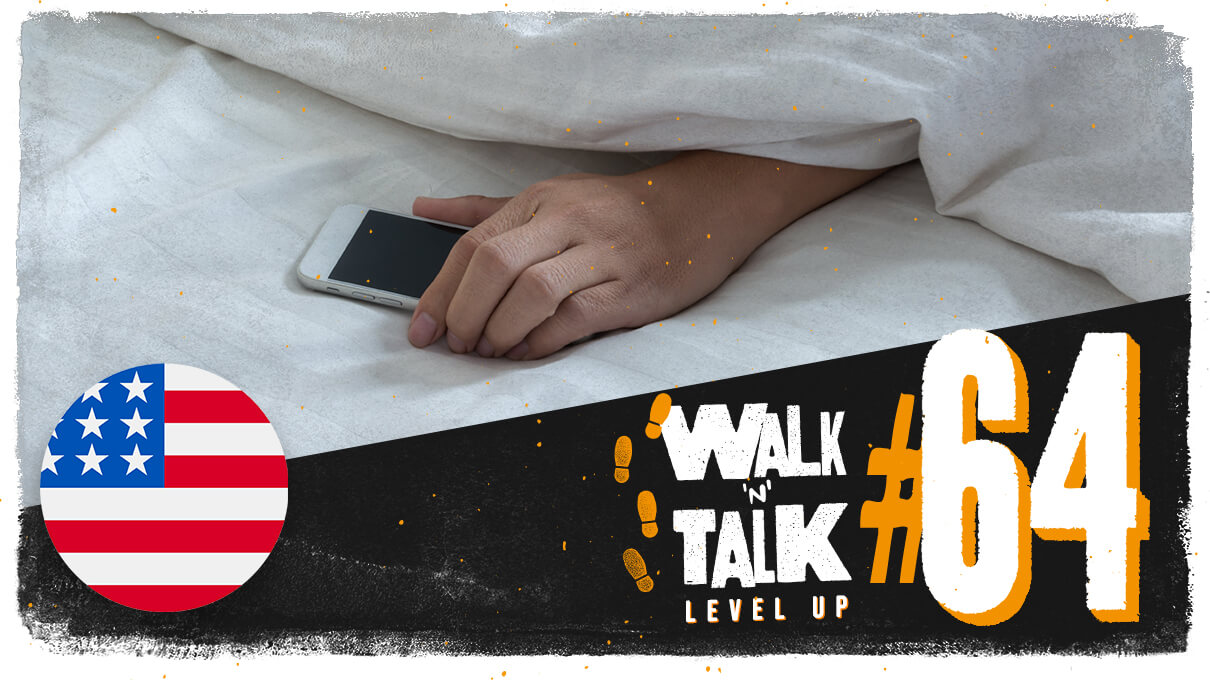

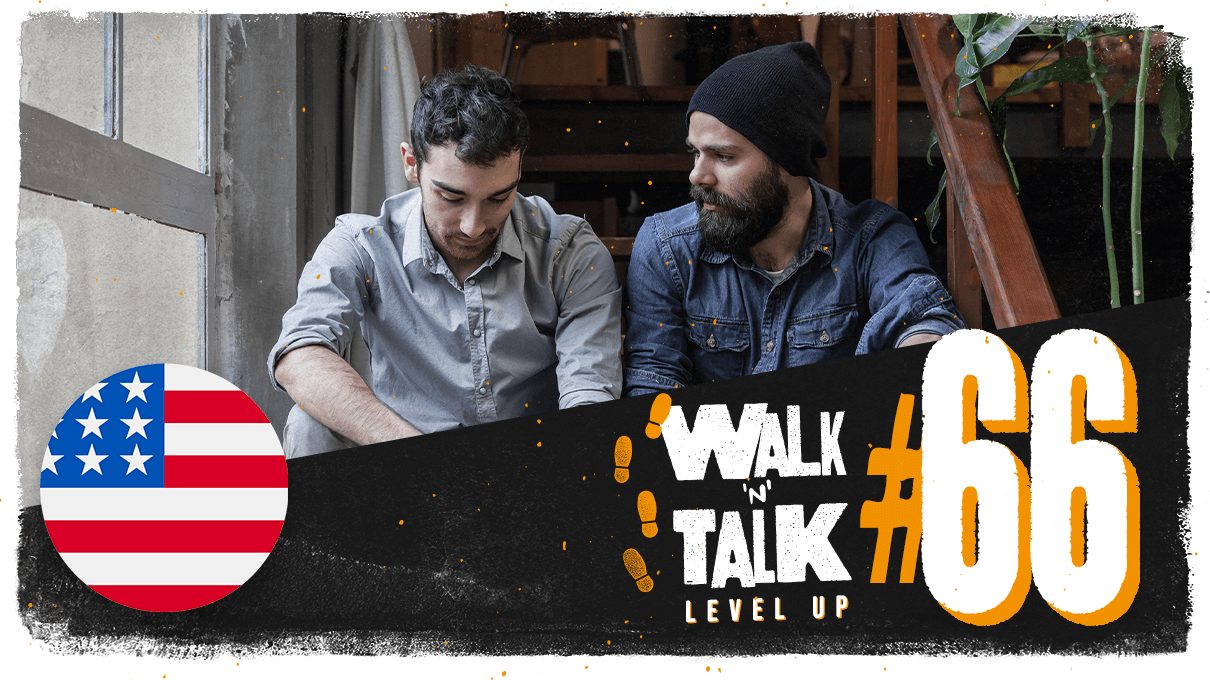



















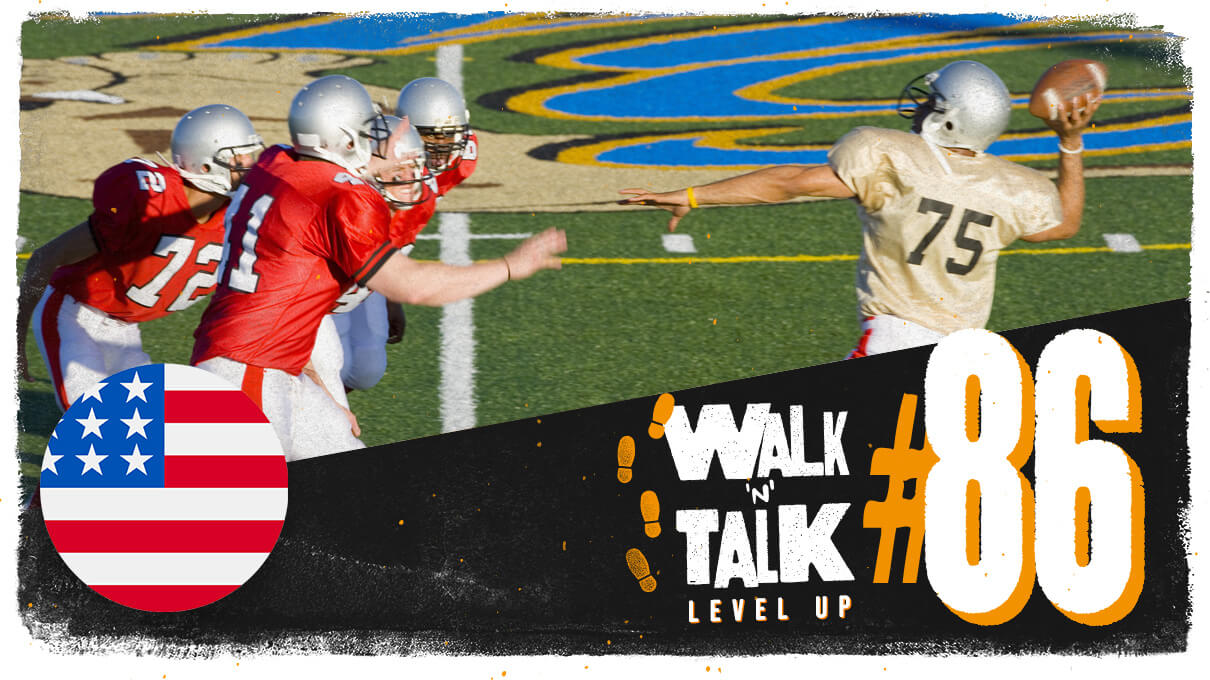





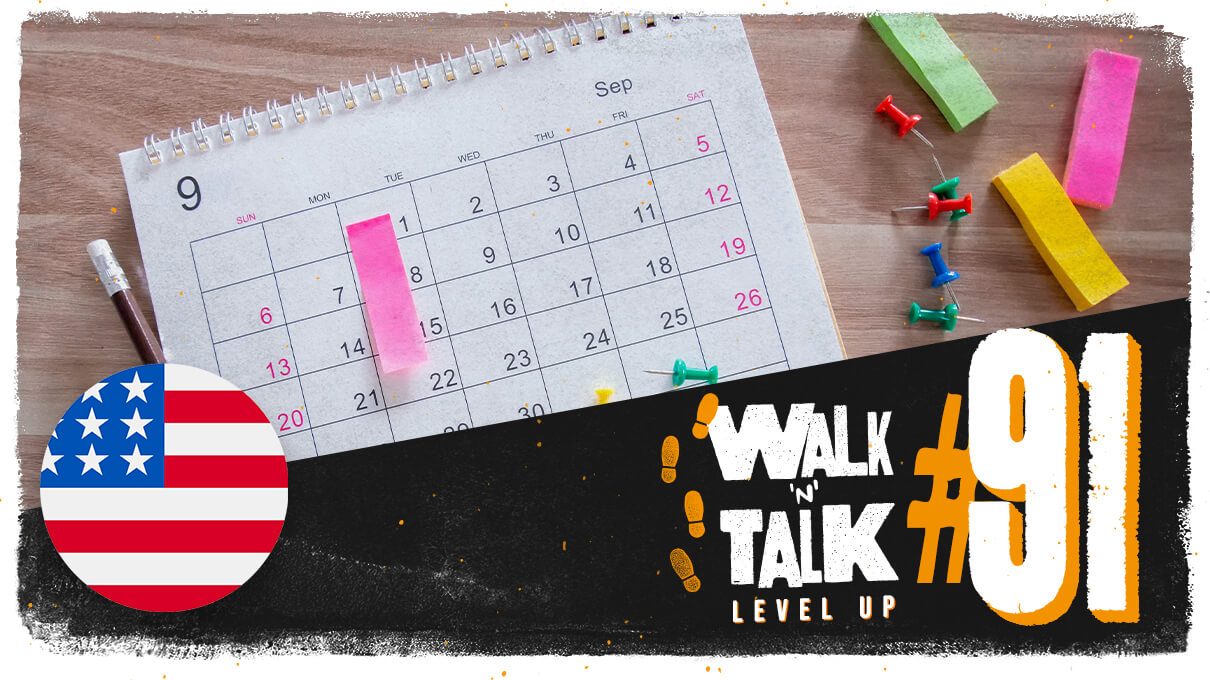
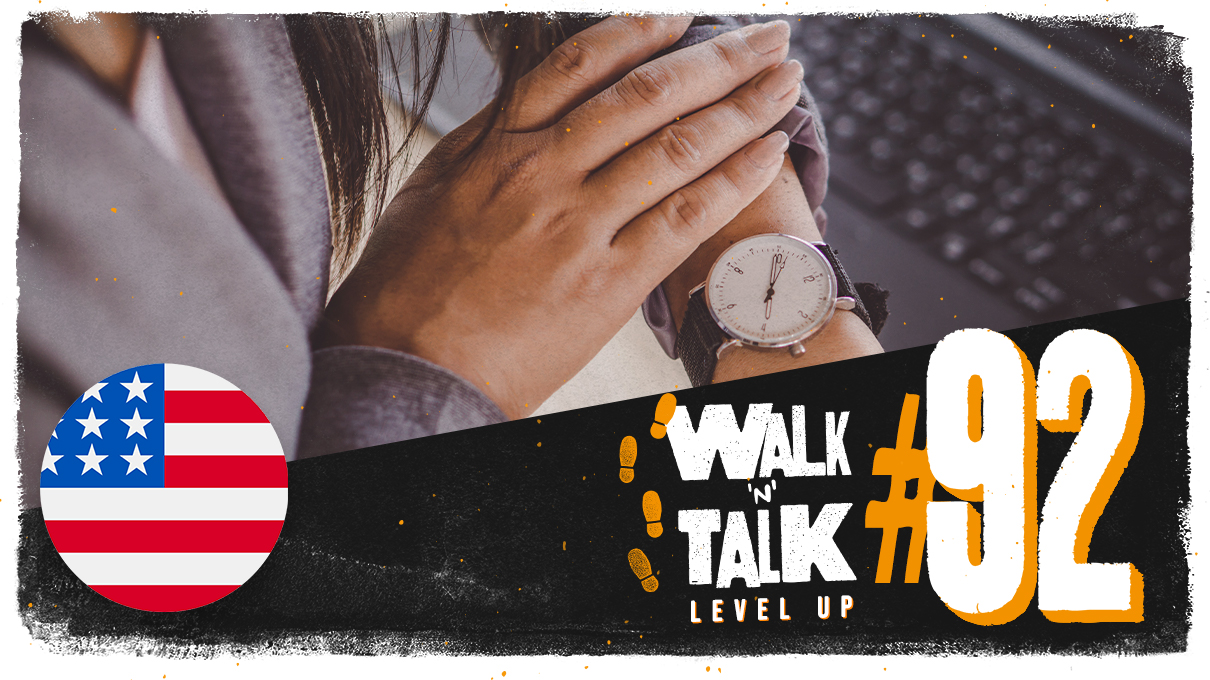
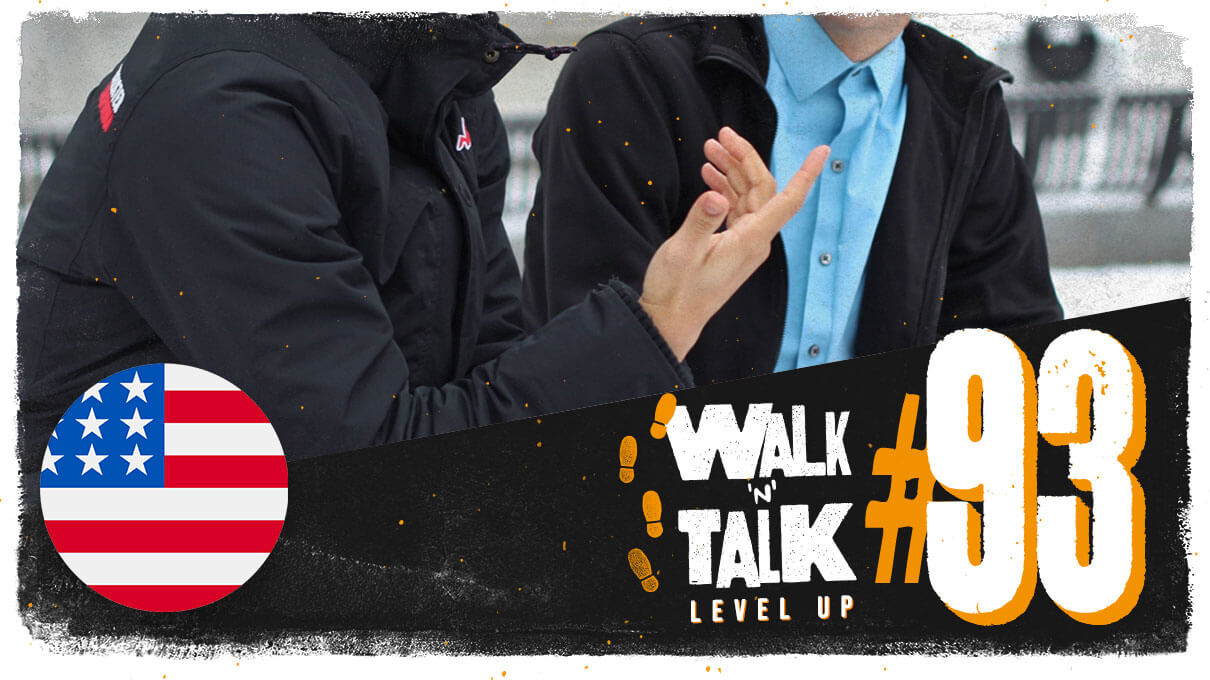
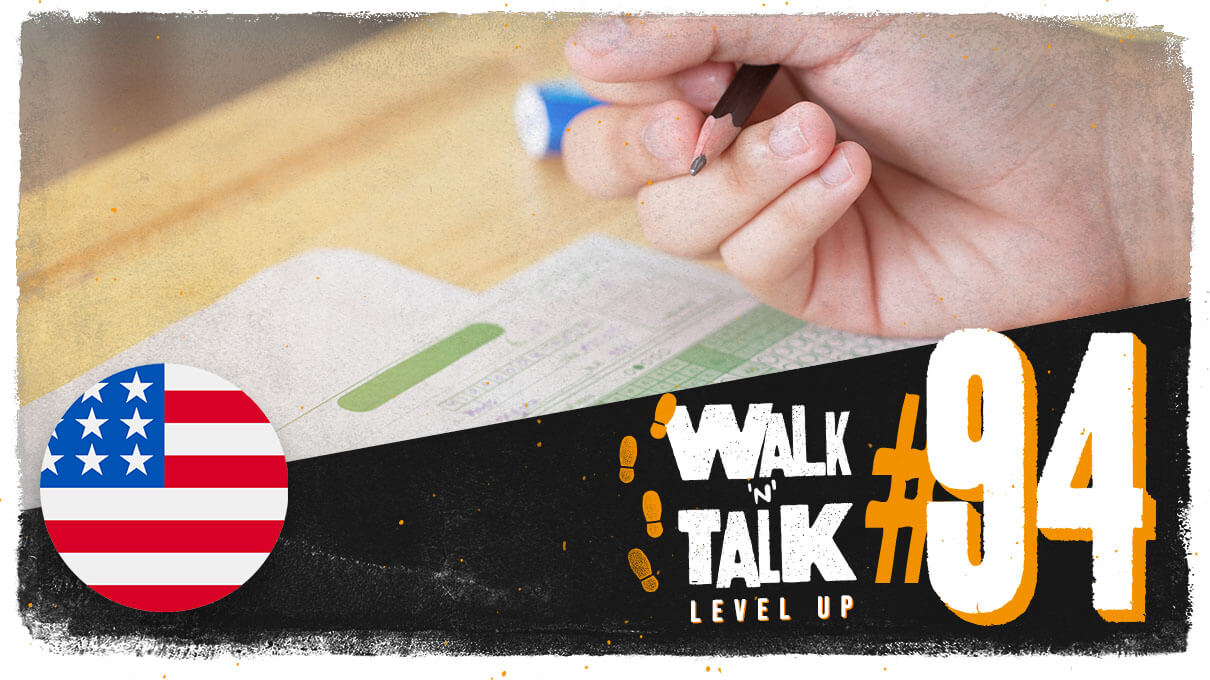
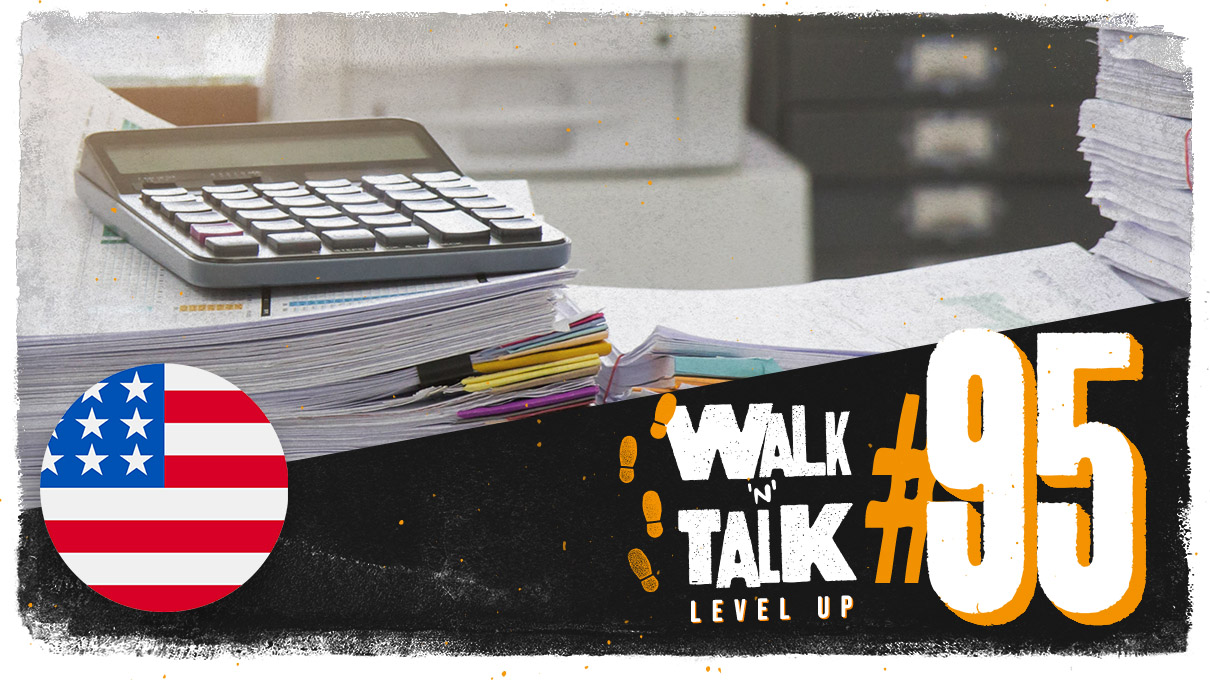



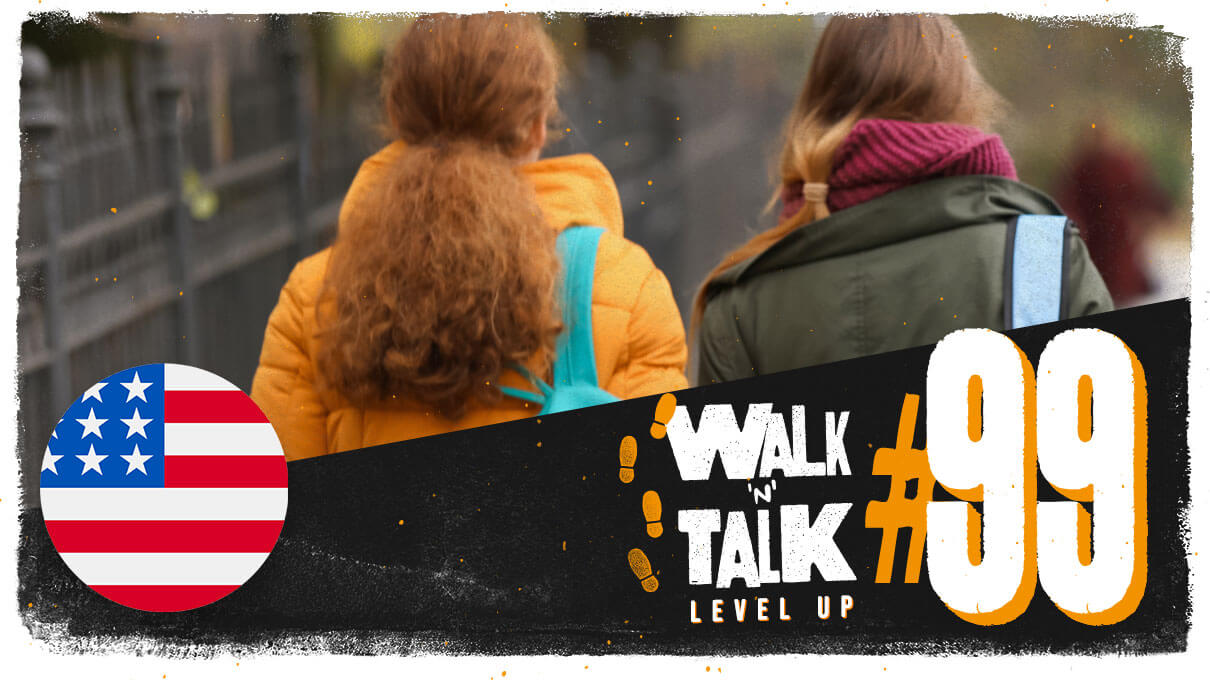

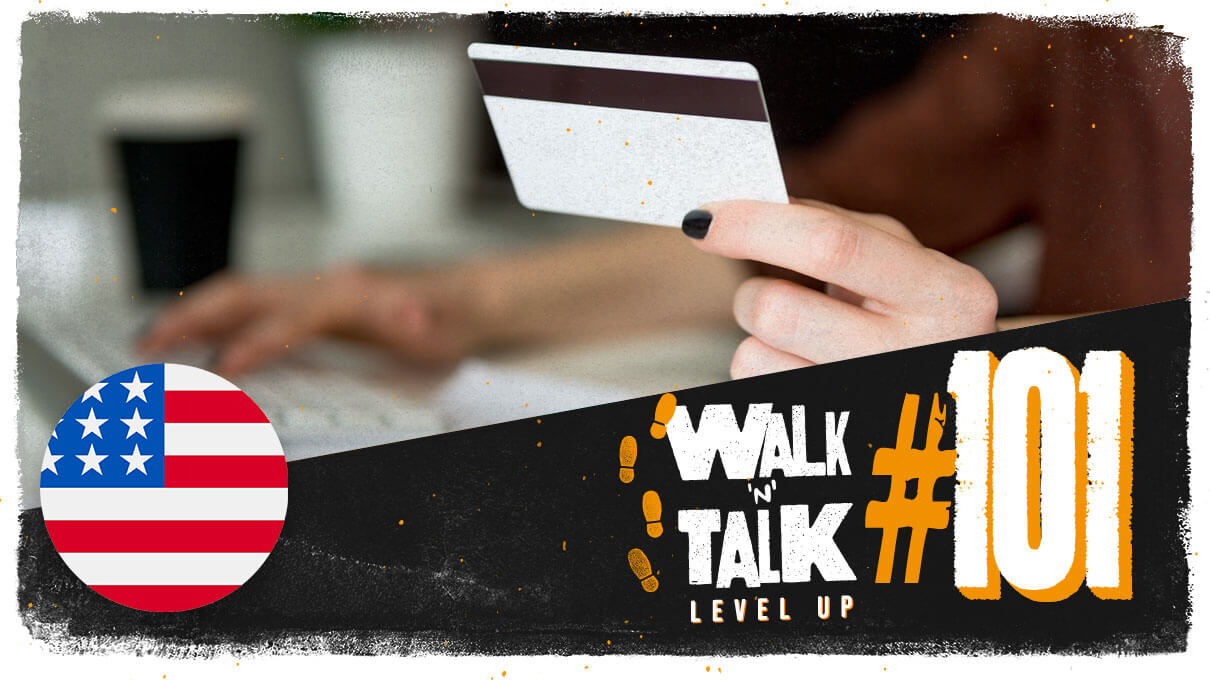


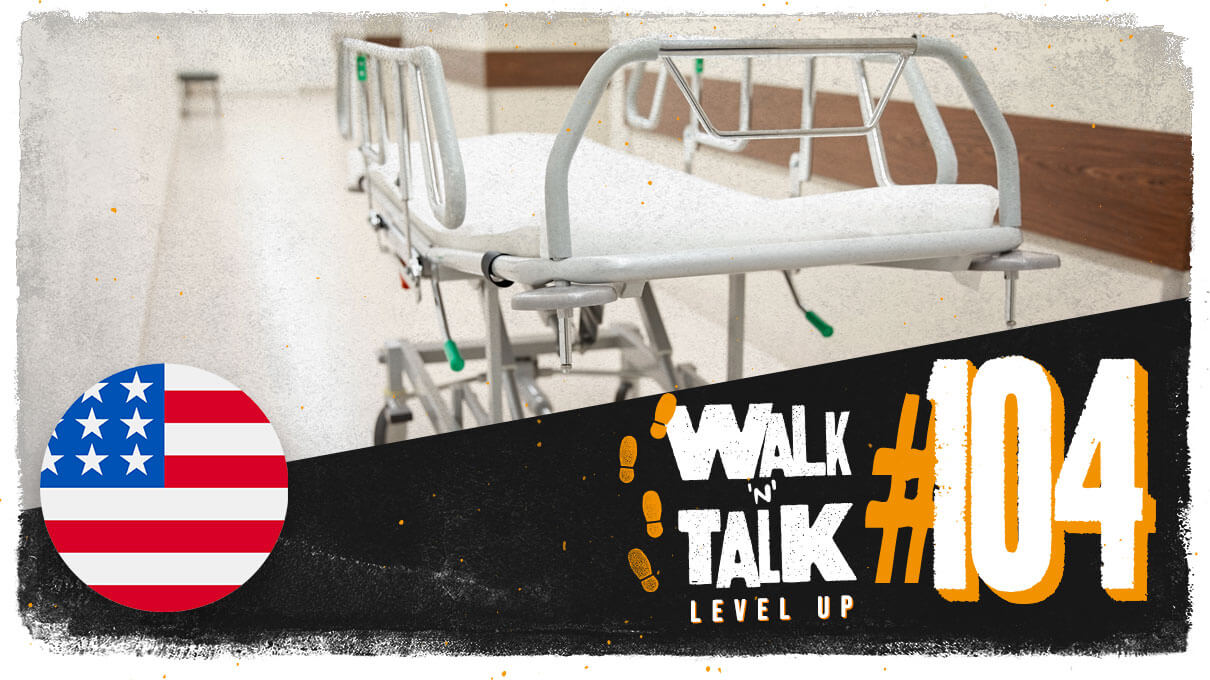

















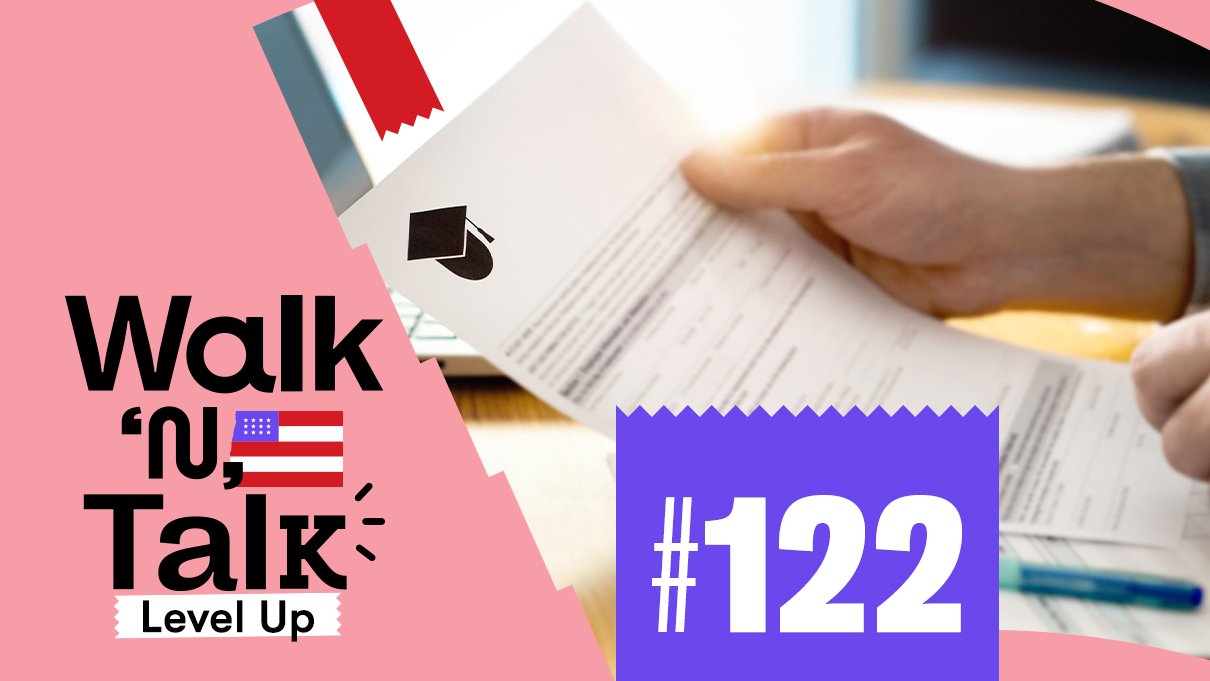





 Curso de Inglês
Curso de Inglês
 Curso de Espanhol
Curso de Espanhol
 Curso de Francês
Curso de Francês
 Curso de Mandarim
Curso de Mandarim
 Curso de Italiano
Curso de Italiano
 Curso de Japonês
Curso de Japonês
 Curso de Alemão
Curso de Alemão
 Curso de Coreano
Curso de Coreano







 Blog
Blog  Podcast
Podcast  Lives
Lives  Aulas
Aulas  eBooks
eBooks  Minicursos
Minicursos














